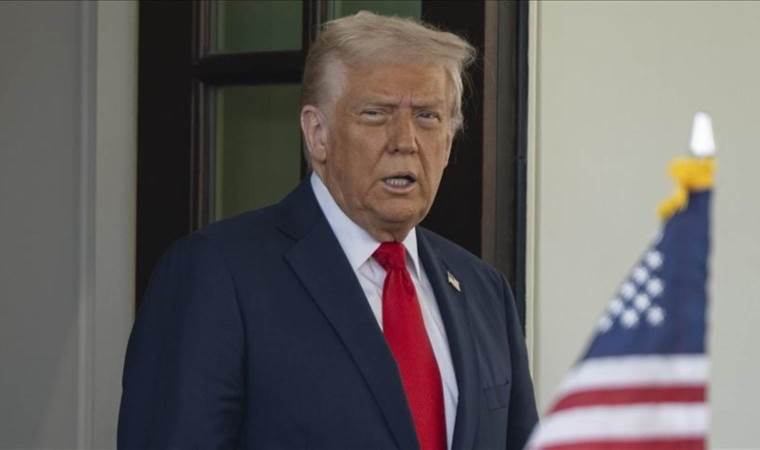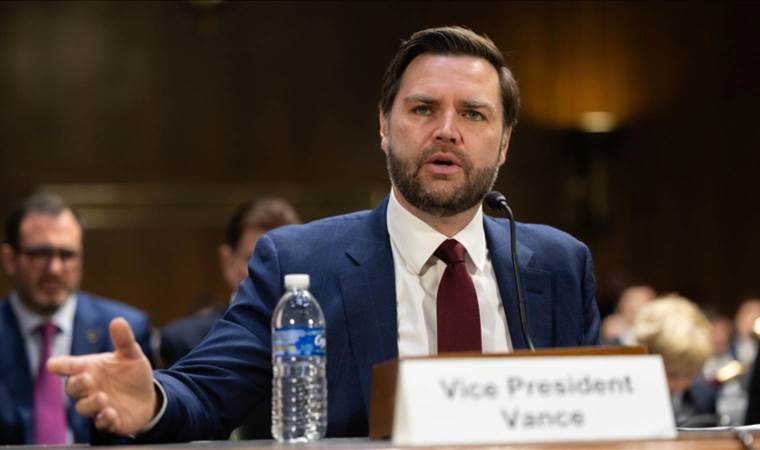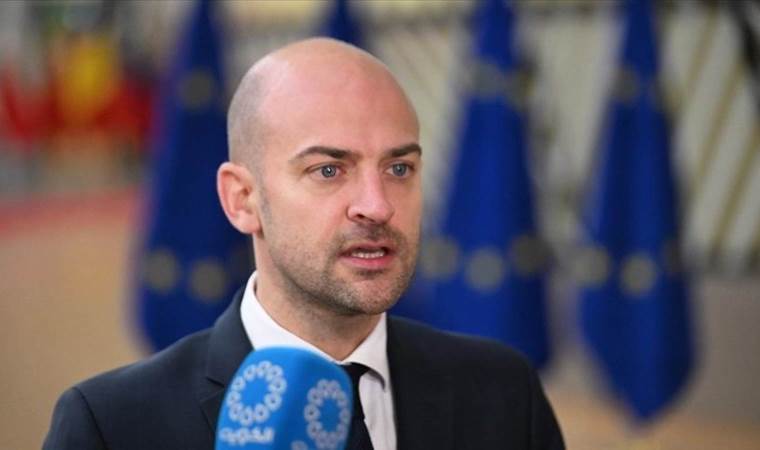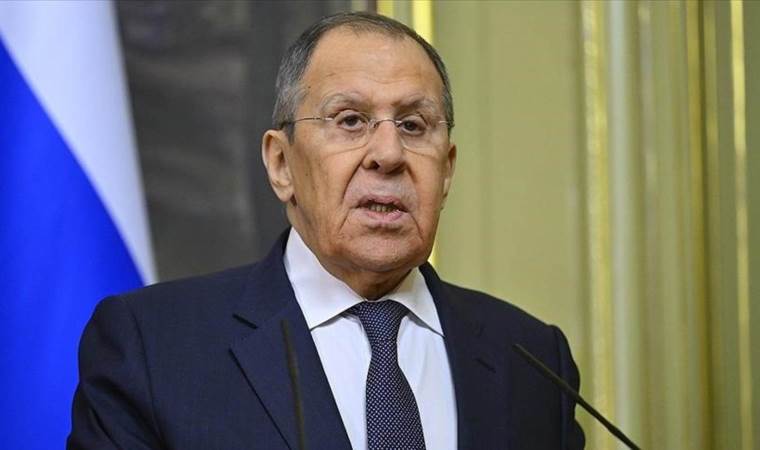German Social Democrats begin voting on coalition deal
Germany's Social Democratic Party (SPD) members began voting Tuesday on a coalition agreement with the conservative Christian Democrats (CDU/CSU), marking a crucial step toward forming a new government.
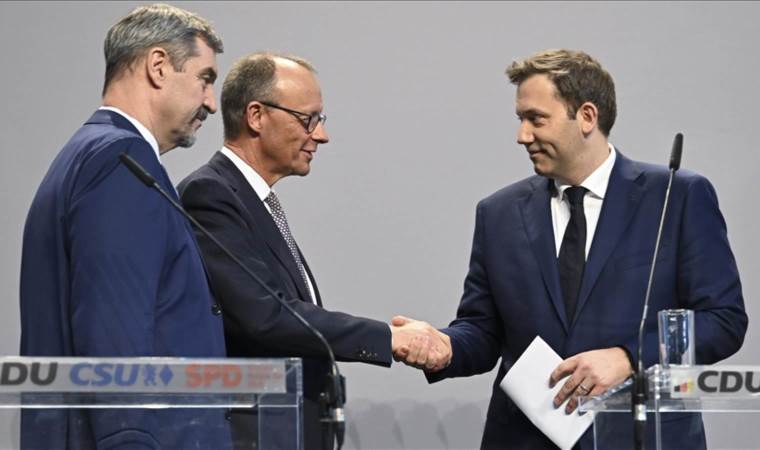
Germany's Social Democratic Party (SPD) members began voting Tuesday on a coalition agreement with the conservative Christian Democrats (CDU/CSU), marking a crucial step toward forming a new government.
About 358,000 SPD members are eligible to participate in the vote, which runs through April 29, with results expected on April 30. Members may cast their votes either online or in person at SPD branches throughout Germany.
SPD co-chair Lars Klingbeil has called on party members to support the coalition agreement, stating “I want us to shape the future of this country,” despite opposition from the party's left wing and youth organization.
“If the coalition agreement fails to gain approval from SPD members, we will face either new elections or a minority government,” Klingbeil warned. He added that such an outcome could strengthen factions within the Christian Democrats that favor cooperation with the far-right AfD.
Earlier this week, the SPD's youth organization, the Jusos, voiced opposition to the coalition agreement, demanding renegotiations on migration and social policy provisions. “We will vote against the agreement. Clear improvements would be needed for our approval,” Jusos leader Philipp Türmer told n-tv news channel on Monday.
The coalition agreement needs to be approved by a majority of SPD members - with at least 20% participation - according to the party's internal voting rules.
Last week, the political leaders of the SPD and CDU/CSU alliance reached a coalition agreement, nearly seven weeks after the February 23 elections.
Chancellor-designate Friedrich Merz's Christian Democratic Union (CDU) will vote on the agreement at a small party conference on April 28, with approval widely expected. The CSU, their Bavarian sister party, has already endorsed the agreement last week.
If all three parties approve the agreement, the German parliament could elect Friedrich Merz as chancellor as early as May 6, replacing Olaf Scholz.
Most Read News
-
 Rubio's claim about Turkish student Ozturk 'turns out th
Rubio's claim about Turkish student Ozturk 'turns out th
-
 Zelenskyy submits bills to extend mobilization, martial
Zelenskyy submits bills to extend mobilization, martial
-
 Trump starts process of putting new tariffs on semicondu
Trump starts process of putting new tariffs on semicondu
-
 Second round of Iran-US nuclear talks to be hosted by Mu
Second round of Iran-US nuclear talks to be hosted by Mu
-
 German Social Democrats begin voting on coalition deal
German Social Democrats begin voting on coalition deal
-
 Pressure mounts on Netanyahu to end Gaza war as thousand
Pressure mounts on Netanyahu to end Gaza war as thousand
-
 'Absurd': US Vice President Vance rejects Zelenskyy's ac
'Absurd': US Vice President Vance rejects Zelenskyy's ac
-
 France warns Algeria of 'consequences' if its officials
France warns Algeria of 'consequences' if its officials
-
 Algeria says decision to expel 12 French diplomats in re
Algeria says decision to expel 12 French diplomats in re
-
 Russian foreign minister says agreement with US on Ukrai
Russian foreign minister says agreement with US on Ukrai


